In our previous articles, we have talked about what is Territorial Army India and how one could join the Territorial Army. In this article, we are going to discuss the Territorial Army syllabus of the written exam. We will also through some light on what will be the Territorial Army question paper pattern and what kind of questions one might face during the Territorial Army written exam. Territorial army syllabus is not vast like other exams but a planned preparation of territorial army exam would make it easy to clear the exam. So here we are discussing the territorial army syllabus.
Syllabus for Exam, No of Questions & Marks
Exam Pattern and Syllabus of Territorial Army 2021 All eligible candidates who are willing to join the Territorial Indian Army can do so by applying for it through the latest notification on Territorial Indian Army which has got published recently. Though many candidates are asking for Exam Pattern and Syllabus of Territorial Army, territorial army syllabus, types of questions, question paper pattern and exam pattern, in this post we will cover the syllabus of written test of Territorial Army India.
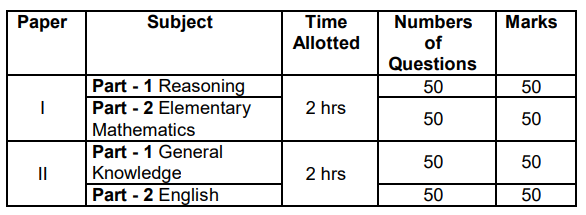
SYLLABUS :
Paper – I. Reasoning and Elementary Mathematics.
(a) Part – 1. Reasoning. Verbal Ability and Non-Ability, The question paper will be designed to test the candidates ability to complete sequences making logical conclusions based on the simple pattern of numbers, statements, figures, letters, etc as may be expected of a rational thinking person without any special study of the subject.
(b) Part – 2. Elementary Mathematics.
(i) Arithmetic. Number System – natural numbers, integers, rational and real numbers. Fundamental operations – addition, subtraction, multiplication, division, square roots, decimal fraction.
(ii) Unitary Method. Time and distance, time and work, percentages, application to simple and compound interest, profit and loss, ratio and proportion, variation.
(iii) Elementary Number Theory. Division algorithm, prime and composite numbers. Tests of divisibility by 2, 3, 4, 5, 9 & 11. Multiples and factors, factorization theorem, HCF, and LCM. Euclidean algorithm, logarithms to base 10, laws of logarithms, use of logarithmic tables.
(iv) Algebra. Basic operations, simple factors, remainder theorem, HCF, LCM, theory of polynomials, solutions of quadratic equations, relation between its roots and coefficients (only real roots to be considered). Simultaneous linear equations in two unknowns-analytical and graphical solutions. Simultaneous linear equations in two variables and their solutions. Practical problems leading to two simultaneous liner equations or in equations in two variables or quadratic equations in one variable and their solutions. Set language and set notation, rational expressions and conditional identities, laws of indices.
(v) Trigonometry. Sine x, cosine x, tangent x when O° < x < 90°. Values of sine x, cos x and ten x, for x = 0°, 30°, 45°, 60° & 90°. Simple trigonometric identities. Use of trigonometric tables. Simple cases of heights and distances.
(vi) Geometry. Lines and angles, plane and plane figures theorems on
- Properties of angles at a point.
- Parallel lines.
- Sides and angles of a triangle.
- Congruency of triangles.
- Similar triangles.
- Concurrence of medians and altitudes.
- Properties of angles, sides, and diagonals of a parallelogram, rectangle and square.
- Circle and its properties, including tangents and normal.
- Loci.
(vii) Mensuration. Areas of squares, rectangles, parallelograms, triangles, and circles. Areas of figures which can bisect into the figures (field book). Surface area and volume of cuboids, lateral surface, and volume of a right circular area of cylinders. Surface area and volume of spheres.
(viii) Statistics. Collection and tabulation of statistical data, graphical representation-frequency polygons, bar charts, pie charts, etc. Measures of central tendency.
Paper-II. General Knowledge and English.
(a) Part – 1. General Knowledge. General knowledge including knowledge of current events and such matters of everyday observation and experience in scientific aspects as may be expected of an educated person who has not made a special study of any scientific subject. The paper will also include questions on the history of India and the geography of nature which candidates should be able to answer without special study.
(b) Part – 2. English. The question paper will be designed to test the candidates’ understanding of English and workman-like use of words. Questions in English are from synonyms, antonyms, reading comprehension, Para jumbles, error spotting, jumbled sentences, sentence correction, and fill-in blanks.
Candidates to ensure their eligibility for the examination: The candidates applying for the examination should ensure that they fulfill all eligibility conditions for admission to the Examination. Their admission at all the stages of the examination will be purely provisional subject to satisfying the prescribed eligibility conditions. Mere issue of Admission Certificate to the candidate will not imply that his candidature has been finally cleared by the competent authority.
Time: Maximum time for each paper is 02 hrs and will be conducted in two sessions.
Type of Exam: Objective (OMR Answer Sheet will be used).
Qualifying Marks: Minimum 40% marks in each part of the paper separately and an overall average of 50%.
Territorial Army Exam Syllabus
Territorial Army Syllabus Important Note
- Avoid overwriting objective questions and fill in the blanks will not be awarded any marks.
- Territorial army paper has a negative marking scheme, half marks will be deducted for each wrong answer. (Negative marking)
PENALTY FOR WRONG ANSWERS: Candidates should note that there will be a penalty (Negative Marking) for wrong answers marked by a candidate in the Objective Type Question Papers.
ALSO READ: Territorial Army 2021 Notification And Exam Date
You can prepare for Territorial Army Exam and other defence entrance exams such as NDA, AFCAT, INET, and CDS by taking Written Online courses as they will not only give you access to full-length quality lectures but will also provide the facility to take standardized mock tests for better study and strategic growth in the exam. You can take multiple quizzes after each lesson to ensure the full understanding of the subject along with creating your customized lesson plans. You can check out the course content along with other important specifics at SSBCrack exams.
You can also access them through the SSBCrack Exams app available in the google play store.
Jai Hind


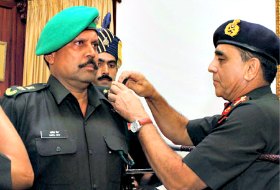
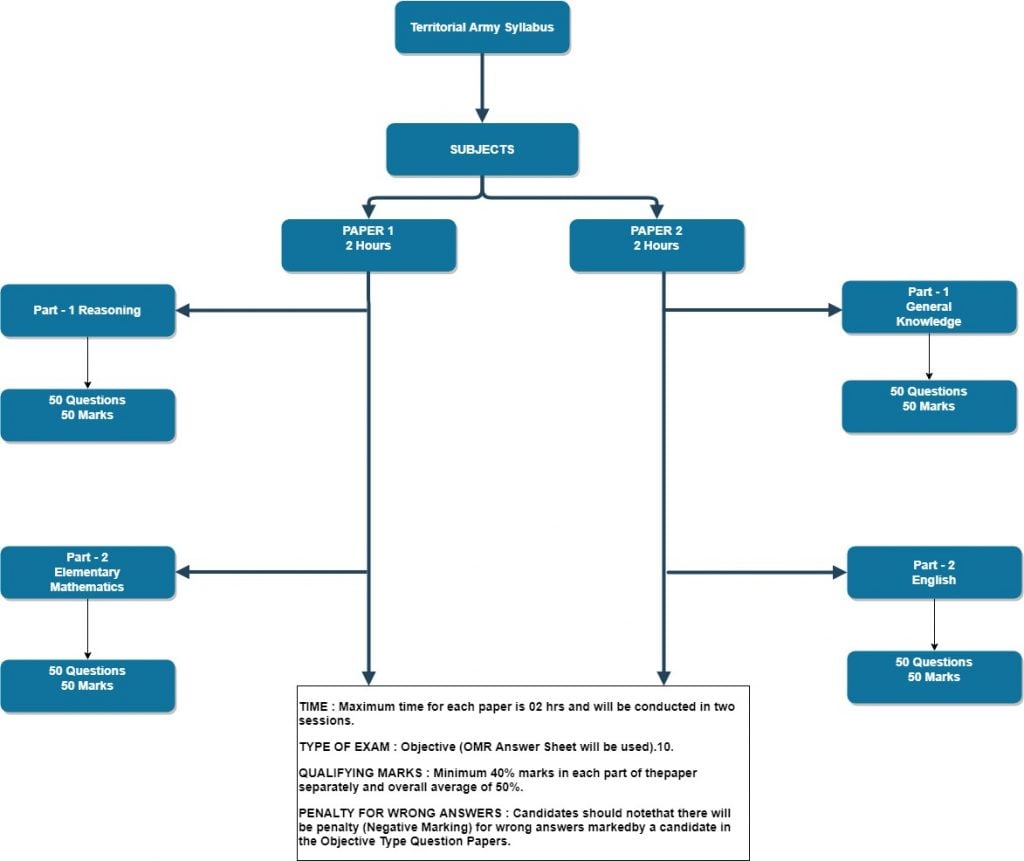

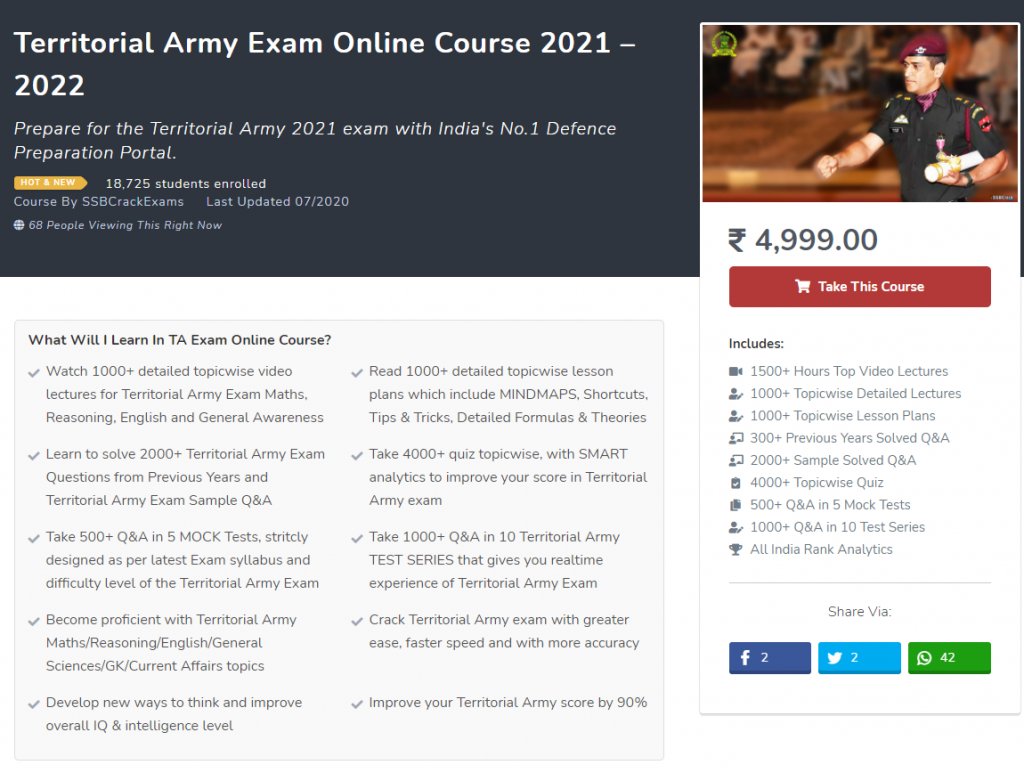

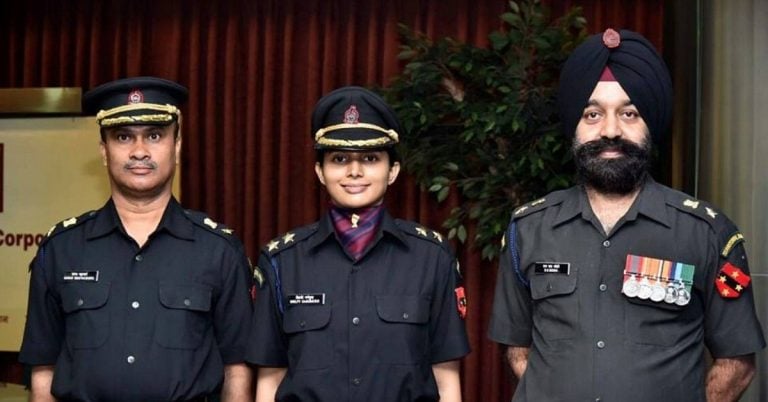
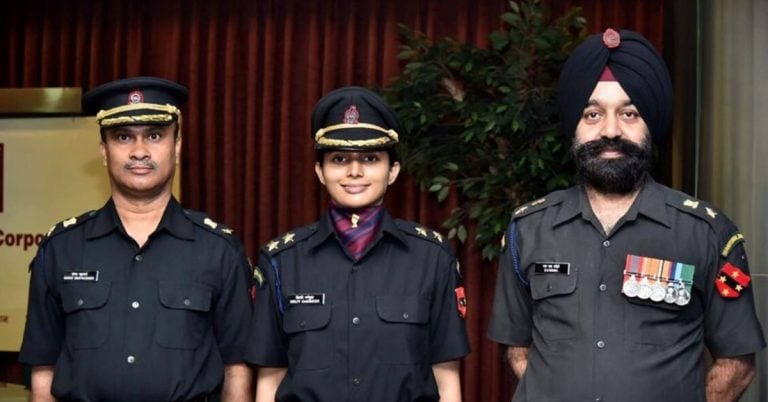
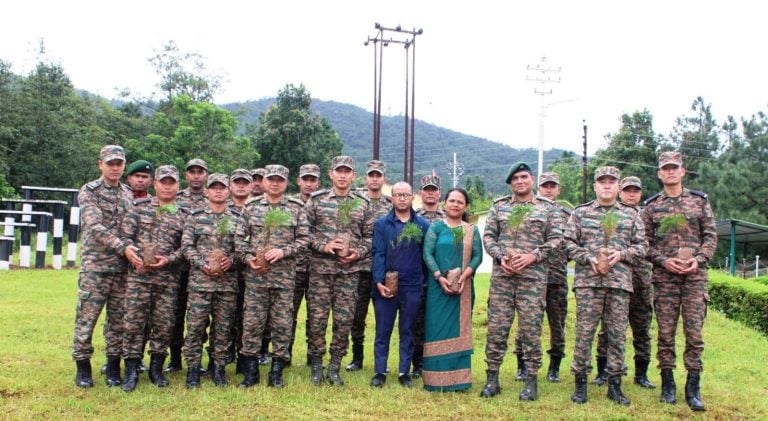

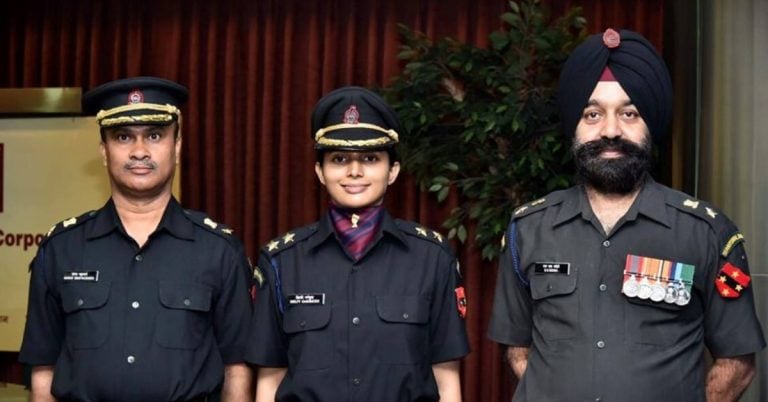
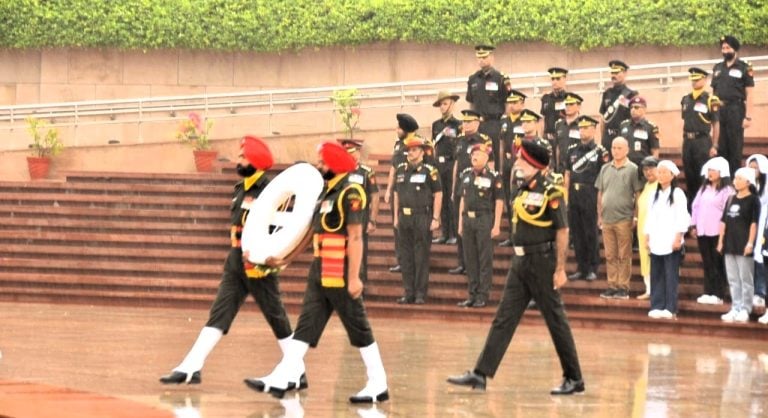

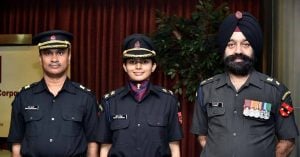
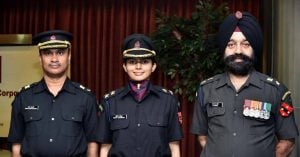
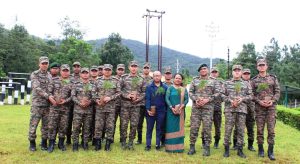







1 thought on “Latest Territorial Army Exam Syllabus”
Nothing is not bad